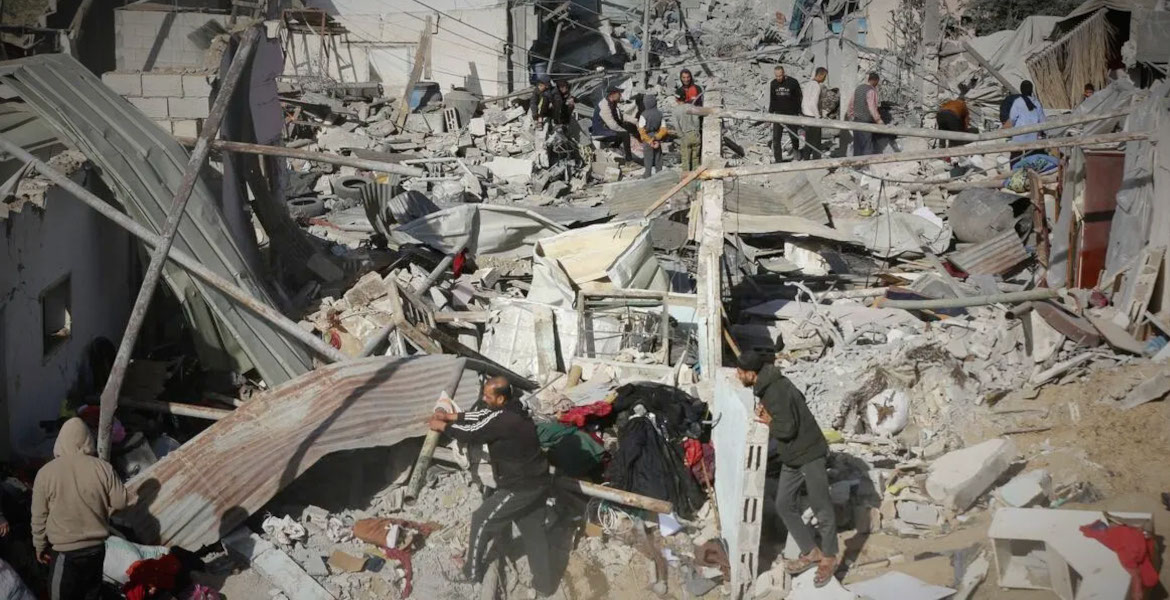The World Health Organization announced that COVID-19 is no longer classified as a “global health emergency”. However, it warns that this does not mean that there is no longer a threat and that the situation may change.
On Thursday, the WHO Expert Committee on Emergencies held its latest meeting on the coronavirus, which has been held a number of times since the start of the “crisis”. The independent committee has now concluded that covid-19 should no longer be considered an international threat to human health.
WHO Director-General Dr. Tedros Adhanom Ghebreyesus declared that he has taken the advice of the Committee and will therefore de-list the coronavirus as a global health emergency.
– It’s therefore with great hope that I declare COVID-19 over as a global health emergency, he said during a press briefing.
Already in October 2020, the WHO confirmed that the mortality rate for covid-19 was at similar levels to a regular seasonal flu, that is, 0.14 percent. Despite this, the organization’s concerns increased and the status of the virus could still be seen as “threatening”.
In April this year, the WHO also announced that the mortality rate for covid-19 had decreased by 95 percent in 2023, something that was also taken into account when it chose to remove the label of international threat to human health. However, the Director-General is also quick to point out that this “does not mean COVID-19 is over as a global health threat” and that he “will not hesitate to convene another Emergency Committee” on the virus if necessary.
– This virus is here to stay. The worst thing any country could do now is to use this news as a reason to let down its guard.
Furthermore, Dr. Adhanom Ghebreyesus says that covid-19 has left “deep scars on our world” and that all the suffering has provided “painful lessons”, which should now be kept in mind for the future.
– Those scars must serve as a permanent reminder of the potential for new viruses to emerge, with devastating consequences, the Director-General notes.







